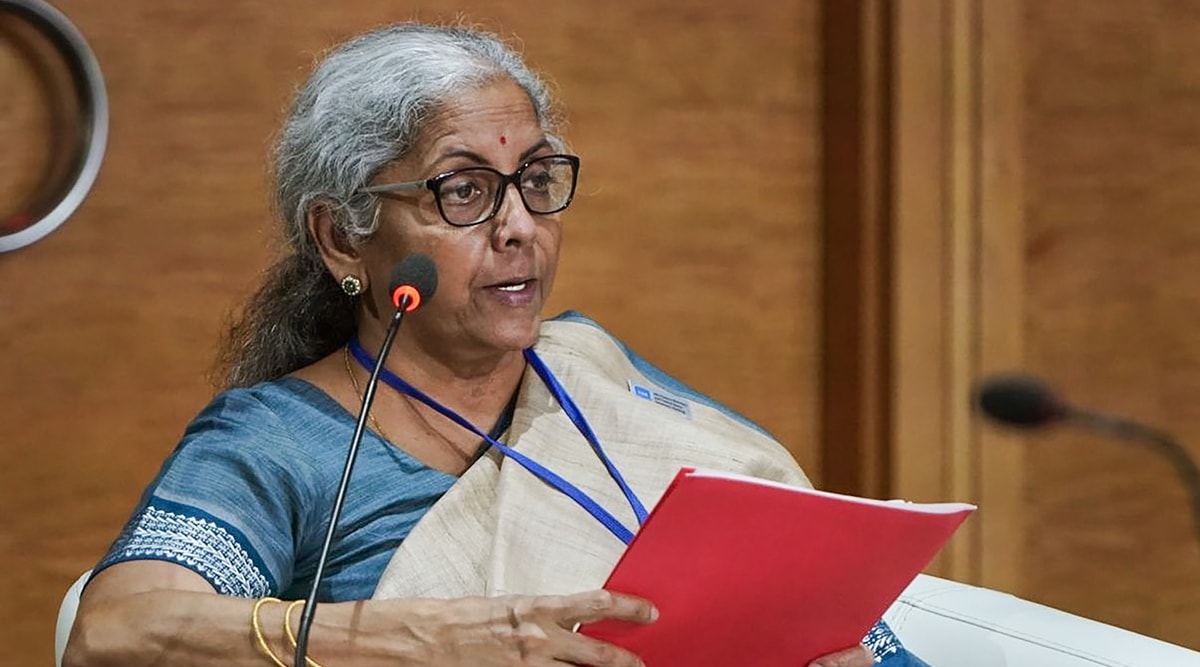Banks seek to ease standards for pricing distressed assets
A relaxation of the valuation standards for stressed assets, the streamlining of NPA provisions, the reduction of the duration of fixed deposits saving tax and the elimination of GST on additional interest charged in the event of default – these are among the banking sector’s proposals to the government ahead of the Budget.
Sources said banks have been pushing for a relaxation of distressed asset valuation standards to comply with the Reserve Bank of India’s strict mandate to dispose of assets within a specified time frame. The proposals, put forward by the Association of Indian Banks (IBA), include a reduction in the tenor of fixed rate term deposits from five years to three years.
Banks end up selling these items for much less than the trade price/stamp duty value. The government should make an amendment providing an exemption from the application of section 43CA assessment in such cases, the IBA said in its pre-budget proposals to the government, according to industry sources.
Given the wording of the article, banks are obligated to pay notional profit taxes in order to comply with RBI regulations on time-limited sales. Section 43CA provides that where the consideration for land, building or both (not being fixed assets) is less than the value adopted in accordance with the stamp duty regulations, the latter will prevail.
“This creates a situation where the bank sells these assets without there being any ulterior motive of tax evasion. For income tax, however, the immediate calculation rate is applied,” IBA said.
The IBA said banks that enter into resolution agreements with distressed borrowers often receive land, buildings, etc. in settlement of these debts. These items are listed as non-bank assets in the bank’s financial statements. Banks are given a strict mandate by the RBI to dispose of these non-bank assets within a specified time frame. Given the strict deadlines imposed by the banking regulator, banks are unable to make a trade price discovery, IBA said.
The Section 43CA valuation measure is put in place to discourage the reduction of sale value in favor of cash exchanges. Being regulated entities, banks cannot engage in such activities. Also, in order to comply with RBI regulations, a time-limited disposal is mandatory, which prevents price discovery.
“Alternatively, in such cases, the appraisal report received from a reputable appraiser may be considered the fair market value of that non-bank asset,” he said.
In another proposal, the IBA said banks would receive notices regarding the applicability of Goods and Services Tax (GST) on additional interest charged for late payment of EMIs. Also, notices are being received that the ministry claims to levy the tax on short-term interest paid by banks when closing deposits prematurely. This is despite the fact that the CGST issued a clarification on June 28, 2019 that GST will not be applicable in the event of additional interest earned due to EMI’s failure to repay.
In line with normal industry practice, banks charge additional interest (above the sanctioned rate) from the customer in the event of default/late payment of loan EMIs or non-compliance with loan terms. Also, regarding deposits placed with banks, the bank usually pays lower interest if the deposits are closed prematurely.
In case of lending transactions, additional interest is charged due to increased risk for the bank due to non-payment or breach of conditions. Also, in case of deposits, interest is paid at a lower rate due to the reduction in the term of the deposit.
The banks also proposed that annual issuance of the TDS certificate (Form 16A) be allowed (as in the case of Form 16-Salary) instead of quarterly. “Since Form 26AS has been stabilized, we suggest discontinuing issuance of Form 16A on a quarterly basis,” the IBA said. The Income Tax Department currently relies on the 26AS to issue a credit to the person deducted and therefore there is no requirement for a quarterly TDS certificate.
Banks recognize an account as NPA in terms of RBI guidelines – after a 90 day irregularity. However, Rule 6EA of the Income Tax Rules prescribes a period of 180 days to recognize an account as an NPA. Such an anomaly leaves room for unnecessary conflicts. Therefore, the time limits under Rule 6EA should be amended in line with existing RBI guidelines, IBA said.
The IBA proposals came at a time when the RBI said the gross NPA ratio could rise from 6.9% in September 2021 to 8.1% in September 2022 in the baseline scenario and 9.5% in the crisis scenario. Credit growth, which is now 9.2% (on an annual basis), should soon reach double digits.


Comments are closed.